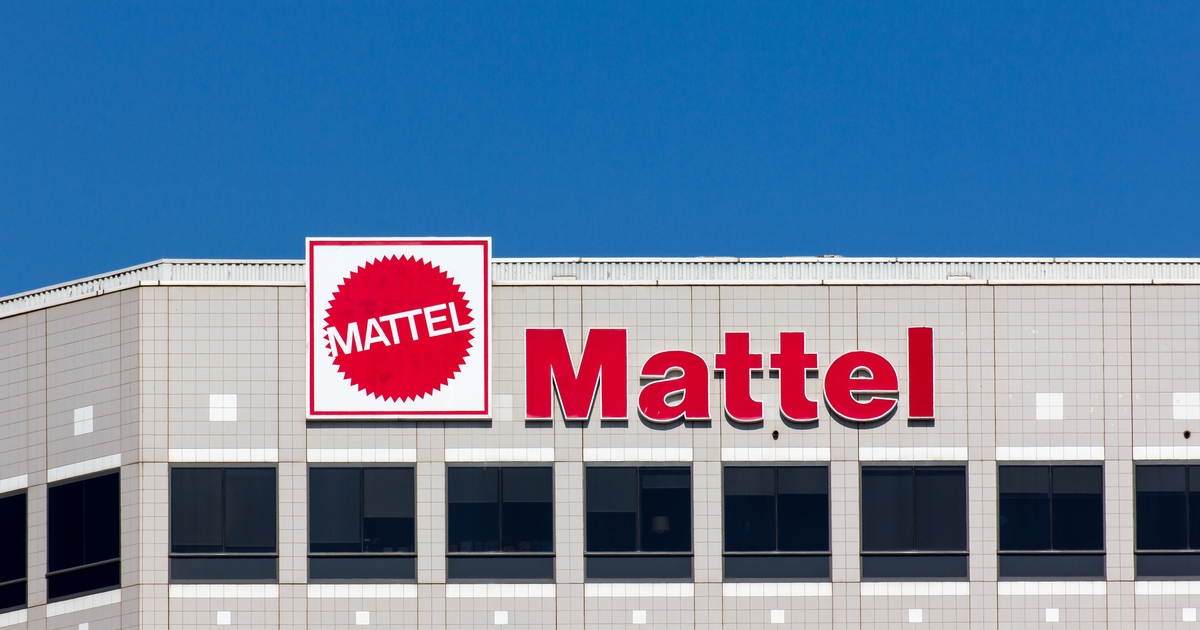Here are the most-read stories on AI Business this week:
Mattel, OpenAI Bring AI to Toys in New Partnership
Mattel, the toymaker behind Barbie, Hot Wheels and Polly Pocket, is partnering with OpenAI to bring AI capabilities to its children’s products.
Also under the deal, Mattel will integrate OpenAI’s tools including ChatGPT Enterprise into its business operations to “enhance product development and…drive innovation,” the companies said in a press release.
“Each of our products and experiences is designed to inspire fans, entertain audiences, and enrich lives through play,” said Josh Silverman, chief franchise officer of Mattel. “Our work with OpenAI will enable us to leverage new technologies to solidify our leadership in innovation and reimagine new forms of play.”
Find out more about the partnership >>>
Bringing Agentic AI to Life
AI is advancing at an unprecedented pace, evolving far beyond the familiar query/response model of generative AI towards something far more powerful: Autonomous, adaptive and action-oriented.
For many organizations, AI has always been a reactive tool—essentially a smart assistant that could retrieve information, summarize knowledge or engage in human-like conversations. Where AI was once a passive information retrieval tool, it’s now evolving into a truly active, problem-solving partner that can understand context, anticipate an organization’s specific needs on a broader, more “intuitive” level and proactively execute complex tasks to meet them.
Read more from Lenovo’s Jim Coleman >>>
AI Appreciation Day: Industry Weighs in on Celebration
Artificial Intelligence Appreciation Day takes place on July 16, a moment to reflect on how AI technologies have fundamentally transformed daily life and continue to shape the future.
Its origins, however, merit examination as, like “Blue Monday,” the occasion seems to have originated as a marketing ruse.
Established in 2021 by “A.I. Heart LLC,” the day was initially created to promote “Eve,” a German film about artificial intelligence.
What began as a marketing initiative has since evolved into a more widely recognized observance, although its commercial origins remain noteworthy.
Read what industry leaders had to say about AI >>>
How AI Is Shaping the Future of Retail Customer Experience
As technology advances, so do customer expectations.
Retailers are under immense pressure to create seamless, personalized experiences and artificial intelligence is becoming one of the key ways they’re able to deliver. From dynamic customer segmentation to predictive shopping experiences, AI’s role in shaping the future of retail customer experience (CX) cannot be overstated.
Interested in staying ahead of the curve? Here’s what’s coming in 2025 and beyond.
Find out more about AI’s role in retail >>>
Google Workspace Aims for Practical AI: Q&A
Google Workspace is the company’s collection of cloud-based productivity and collaboration tools, including Gmail, Drive, Docs, Sheets, Slides, Meet and other applications. It is widely seen as intended to unseat Microsoft Office. Google embedded Gemini AI, its family of multimodal large language models, directly into its core products, including Workspace, in January.
In an exclusive interview with AI Business at the Google Summit London, Kristina Behr, vice president of product management for collaboration apps at Google Workspace, shared insights on how the technology giant is integrating AI into its productivity suite. Focusing on practical applications rather than theoretical possibilities, Behr emphasized Google’s commitment to making AI accessible and useful within existing workflows.
Having previously spent 18 years at Microsoft, including five years as vice president of product for frontline products like Microsoft Teams, Behr brings a valuable perspective to Google’s AI integration strategy. She highlighted Google’s comprehensive approach, leveraging AI-accelerated hardware, proprietary large language models and practical applications to deliver meaningful productivity enhancements while maintaining security and compliance.
Read more about Google’s exclusive interview with AI Business at the Google Summit London >>>

